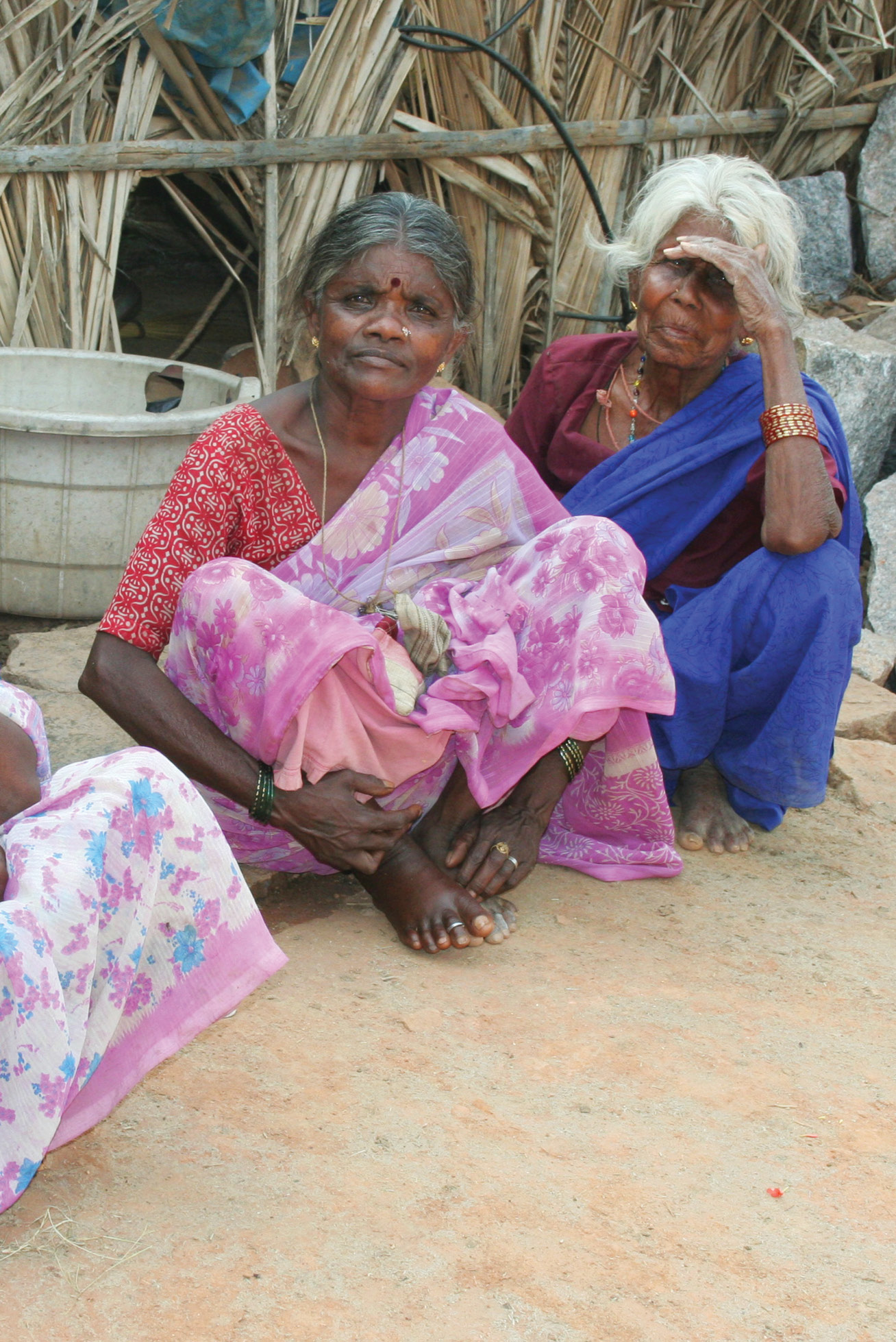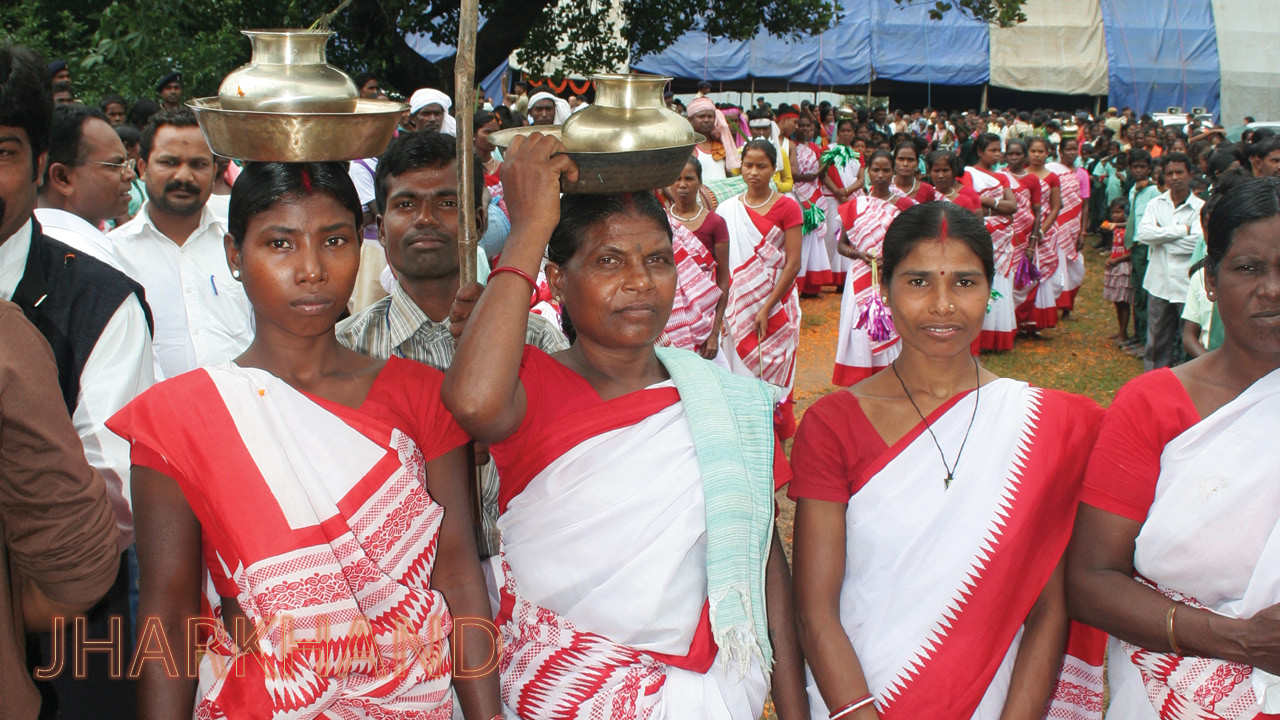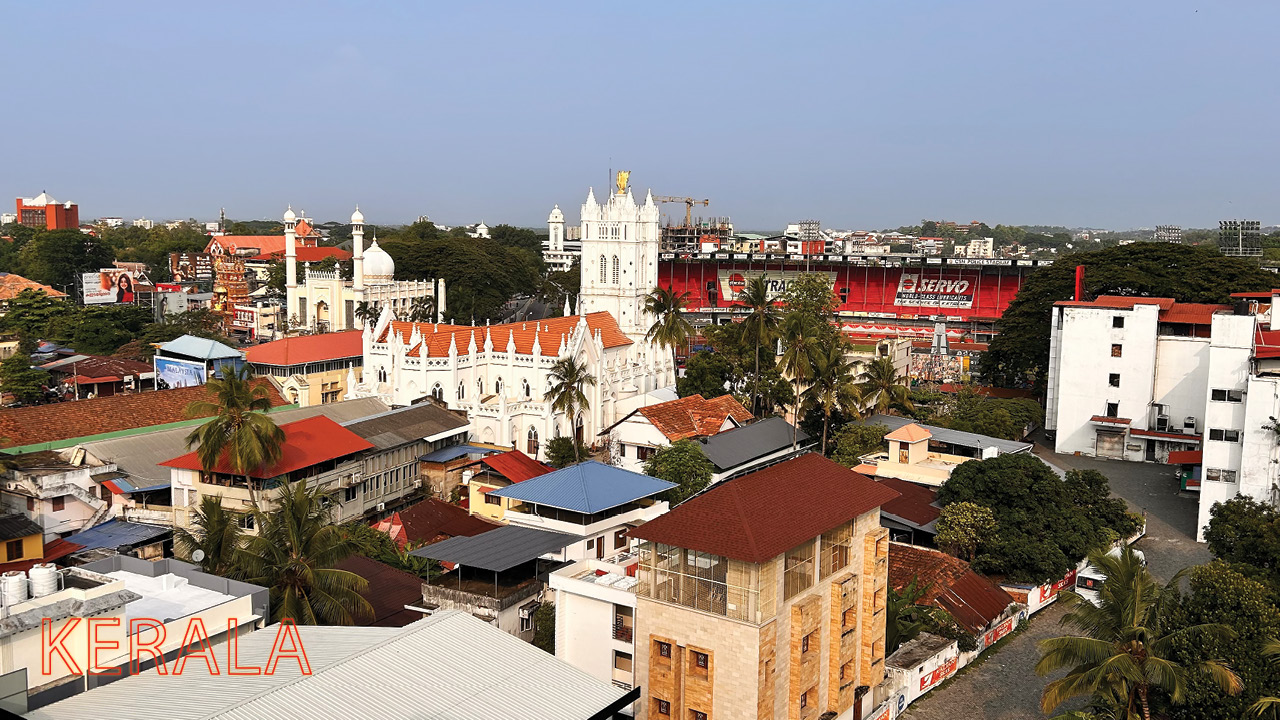Karnataka’s performance in the SKOCH State of Governance ecosystem in 2024 places it at #16 nationally, indicating a middling position with a mix of strong sectoral achievements and structural limitations. The state has shown potential by demonstrating institutional capacity for governance innovation.
It has emerged as a national leader in Urban Development and Geology & Mining, and significantly improved its ranking in the Revenue and District Governance sectors. However, to break into the top 10, Karnataka needs to scale both the quantity and quality of its well-performing projects and expand institutional participation across departments, especially at district and municipal levels.
Several impactful projects have contributed to Karnataka’s sectoral success in 2024. In Revenue Governance, the Kaveri 2.0 initiative by the Department of Stamps and Registration revolutionised property registration by digitising the process across 256 Sub-Registrar Offices and reducing processing time to just 10 minutes.
With over 2.6 million beneficiaries, this digital transformation has enhanced efficiency, eliminated manual bottlenecks, and improved transparency—helping the state move from #4 to #2 in the national rankings for this sector.
In District Governance and welfare, the Pourakarmikas Welfare Programme has become a cornerstone initiative. It covers 40,000 sanitation workers across Karnataka with access to regular health checkups, ₹5 lakh insurance, and daily breakfast, while also providing housing to over 5,200 workers. The scheme exemplifies inclusive governance and social security, especially for vulnerable urban workers.
Karnataka’s governance trajectory over the past few years reflects consistency in policy delivery but insufficient momentum in project volume or inter-departmental coordination. The 2024 rankings indicate that while Karnataka topped nationally in Urban Development (despite being a first-time participant in this sector) and reached #2 in the Housing category, these successes have not translated into broader systemic improvement.
In Health, where Karnataka made a comeback to #5 nationally, the Sarige Sanjeevini initiative stands out. Launched by the Karnataka State Road Transport Corporation (KSRTC), it focuses on preventive cardiac screening for 34,000 transport employees, resulting in the early detection of life-threatening heart conditions and reducing fatalities from 40.74% to 7.69%. The initiative’s success underscores the potential of targeted health programmes for organised-sector workers.
In Geology & Mining, where Karnataka now holds the #1 national rank, the Occupational Health and Safety project by the Karnataka State Minerals Corporation Limited (KSMCL) showcases the use of risk management, noise control, and dust suppression to ensure safer working environments.
The initiative, which benefited over 800 stakeholders, improved air quality and reduced workplace accidents—highlighting the synergy between industrial productivity and worker welfare.
The state also demonstrated innovation in sustainability through the Damami Siddi Community Tourism project, which empowers 105 Siddi tribal families in Uttara Kannada via homestays, cultural tourism, and eco-tourism ventures. This initiative reflects Karnataka’s commitment to inclusive economic growth, tribal development, and community-led conservation.
Together, these projects highlight Karnataka’s capacity for targeted and innovative governance. However, their relatively low volume compared to peer states like Maharashtra, Gujarat, or Tamil Nadu remains a key limiting factor. To rise in future rankings, Karnataka must improve district-level submissions, enhance inter-departmental collaboration, and expand thematic diversification in governance interventions.

In the SKOCH State of Financial Prudence Index, Karnataka records a respectable position but falls behind fiscal leaders such as Maharashtra, Gujarat, and Odisha. The state performs well on own tax revenue (among the highest in India) and own non-tax revenue, indicating an above-average ability to mobilise internal resources. However, capital outlay remains modest relative to fiscal capacity, and pendency rates in budget implementation indicate scope for improved public expenditure efficiency.
Compared to similarly advanced states, Karnataka’s lower development expenditure as a percentage of GSDP and slower fund utilisation hinder its ability to convert fiscal capacity into real infrastructure and welfare outcomes. Focused reforms in capital budgeting, expenditure tracking, and public investment management could help address these gaps.
In terms of SKOCH State of e-Government Infrastructure Index, Karnataka’s performance is middling. The state ranks #17 nationally on the e-Governance Development Index (EGDI), behind peers such as Haryana (#1), Mizoram, and Chhattisgarh. Despite having a strong IT backbone and a deep digital economy, Karnataka lags in converting digital potential into citizen-facing service delivery at scale. Metrics such as e-transactions per capita and number of services digitised remain modest relative to its population size and urbanisation level.
Karnataka’s digital infrastructure could benefit from better integration across departments, wider adoption at the panchayat and municipality level, and greater citizen engagement in evaluating digital services.
On the SKOCH State of Government Transformation Index, Karnataka demonstrates incremental reform but not system-wide transformation. It maintains momentum in legacy sectors such as transport, revenue, and health, but new-age priorities like environmental governance, integrated urban planning, and public-private partnerships require renewed focus.
Many high-performing states in this index—like Gujarat and Maharashtra—have institutionalised transformation by embedding feedback loops, data dashboards, and decentralisation incentives. Karnataka, despite being the tech hub of India, needs to better leverage its ecosystem of startups, academia, and civil society for last-mile transformation and policy innovation.
When examined through the SKOCH State of Government Efficiency Index, which is derived from a combination of Governance and Finance performance, Karnataka ranks below its fiscal peers. While the state has one of the strongest own-revenue mobilisation records, it does not adequately translate this into visible outcomes, especially at the grassroots.
Its efficiency is also constrained by fragmented project implementation, often centered in Bengaluru and Tier 1 urban areas, rather than evenly distributed across regions. This suggests that while the state has capacity, governance delivery remains concentrated, limiting efficiency across sectors.
On the SKOCH State of Development Index, which aggregates performance across Governance, Finance, e-Government Infrastructure Index and Efficiency, Karnataka performs below expectations for a state with its economic profile. It ranks behind Gujarat, Maharashtra, Tamil Nadu, and even smaller states like Uttarakhand and Chhattisgarh.
While Karnataka has shown leadership in some sectors, its inability to scale these sectoral wins across departments and regions diminishes the holistic developmental impact. Increasing the volume of well-performing district-level and department-level projects, coupled with improved inter-departmental coordination, will be critical for Karnataka to realise its full potential.
Karnataka holds immense potential, backed by a robust fiscal base, advanced digital infrastructure, and a proven history of governance reforms. Yet, to ascend in the SKOCH indices and match or surpass competitors like Gujarat or Maharashtra, it must accelerate project volume, decentralise execution, and integrate fiscal strength with last-mile service delivery.



